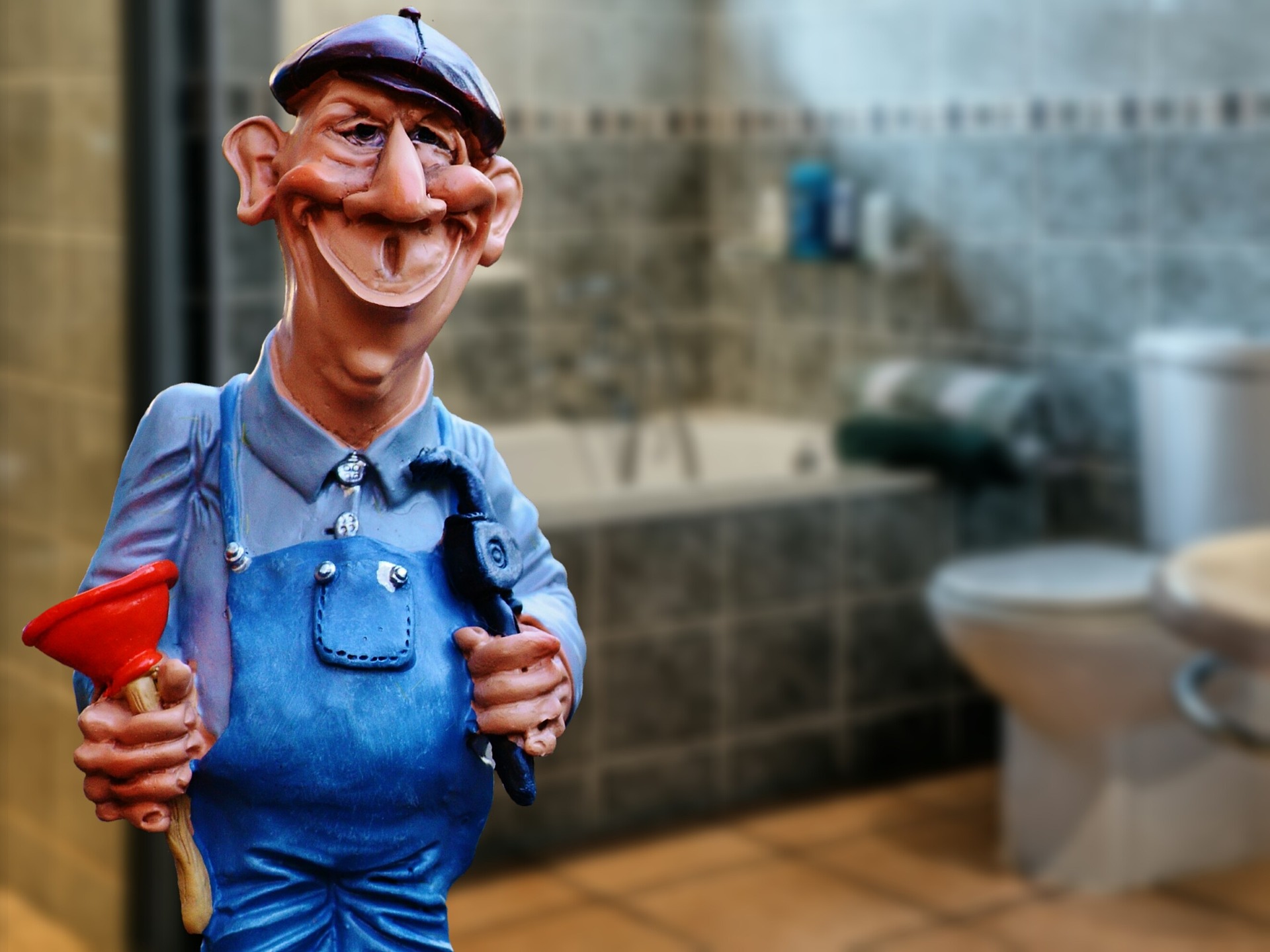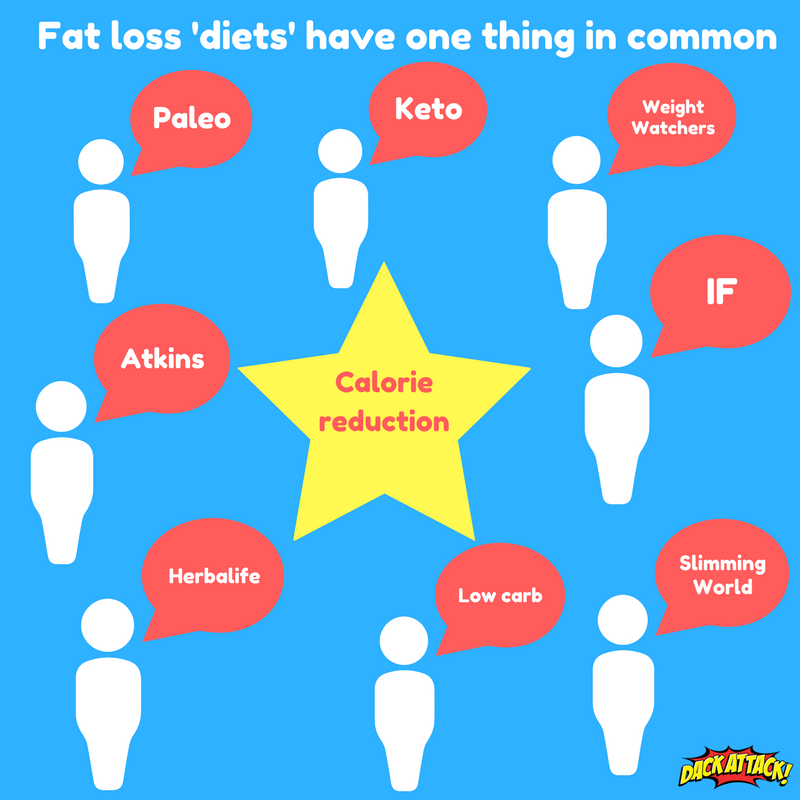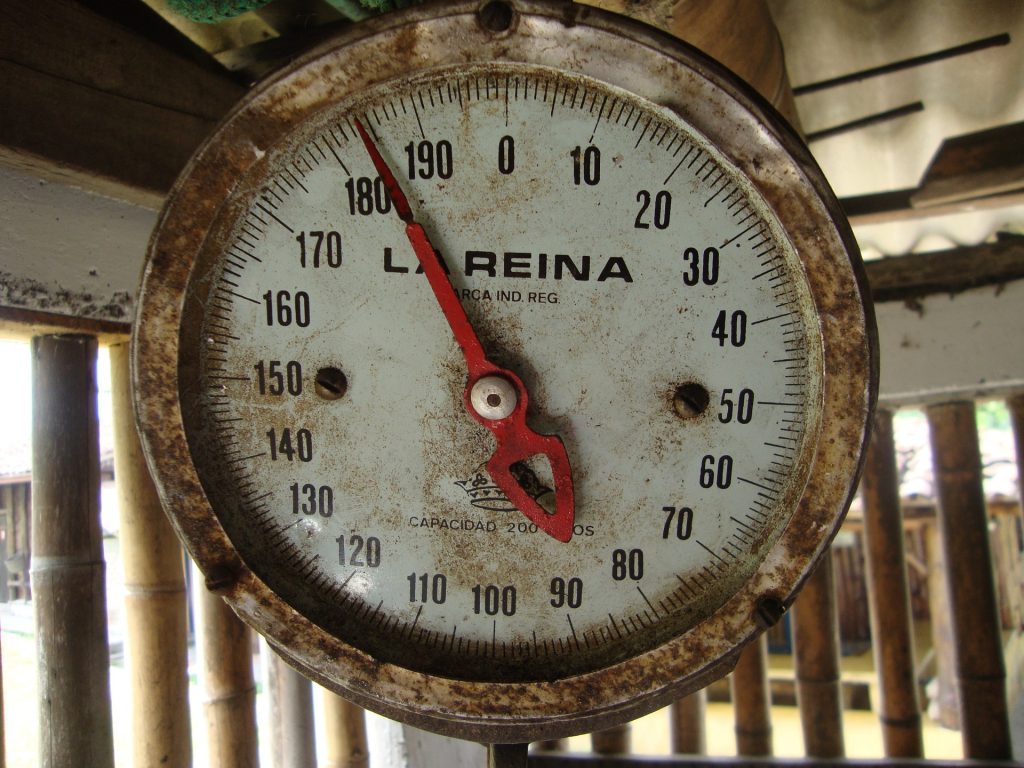The only way to lose fat
I hate the word “diet”! For most people the word diet usually means cutting out food they love, and eating what most people class as ‘healthy’ food. It’s bullshit! If you even mention the word diet to most people they either cringe, sigh or break down in tears. There is no two ways about it, dieting sucks!
That is the reason you shouldn’t be ‘dieting’.
A diet implies there is an end date. A diet implies massive restriction. A diet implies negative thoughts. If you are thinking of starting any of these ridiculous cult like dieting plans, ask yourself a few questions:
- Can I see myself keeping this up for a whole year?
- Does the plan include all food groups (for example carbs, protein and fats)?
- Will this be healthy for me in the long run?
- Is it backed by any evidence or science?
If the answer to any of these questions is “no”, then move on. These types of the plans are usually pushed onto people from self-proclaimed fitness gurus on Instagram. 5K ‘followers’ on Instagram does not equal any qualification. Having lots of followers on social media, is the same as being rich in Monopoly.
Instead of ‘dieting’, how about striving for long term sustainable changes. Lifestyle changes, not short term fixes. Imagine you had a leak in your house. You call a plumber round and he finds the leak and just wraps some tape round it. The leak stops (for now), but 12 weeks later the pipe starts leaking again. Instead of putting some tape on, he needs to put a new pipe in for a long term fix. You wouldn’t be happy with this in your house, so why settle for this with your body?
One thing in common
The one thing any diet or workout plan has in common is a calorie deficit. There is no sprinkling of magic or voodoo science behind any of these plans, it all comes back to the same point. You shouldn’t base your decision to start losing weight based on the bold claims of the companies behind them, but you should make be aiming to make long term sustainable changes. Fancy marketing doesn’t beat science. Ever heard the saying a picture paints a thousand words? Well see the below picture (That now makes this blog 2127 words)
How to be in a calorie deficit
To lose fat we need to be in a deficit. I’m not sure if I have said that enough, here’s one more for good luck. To lose fat we need to be in a deficit. But how do we go about that? There are only variables to control. Stuff going in (food) and stuff going out (calories burnt). Let’s look at each of those in more detail.
Food
Controlling food is the easy part because it can be relatively simple putting a number on how many calories you eat. By using calorie calculator tools such as MyFitnessPal, you can simply type the food in and out pops a number. By regularly using tracking tools you will build an understanding of what is going in and how that food affects your total calories.
Workouts
Now this bit is a little trickier. Everyone that exercises burns different amounts of calories at different rates. This can be affected by age, gender or amount of muscle mass. When someone tells you that you will 1000 calories during a high intensity fitness class, they are probably lying. To be honest it doesn’t even matter how many calories you burn. If you know you aren’t losing fat (which is different to losing weight) then you need to either increase the workouts or decrease the food.
How do you know if you are in a calorie deficit?
The simple answer is that you will be losing body fat, but I know you didn’t come here for the simple answer. There are many ways to tracking body fat, none of which are that accurate, achievable or easily available (why isn’t anything ever simple?!)
There are many methods such as the scales, progress pictures, body measurements or callipers. Instead of picking just one and going with it, I believe in using a combination of a few. I will list the pros and cons of each below.
Scales
Pros: Readily available, cheap and most people have a pair.
Cons: Fluctuate massively depending on food, water, carbs or menstrual cycle.
Progress pictures
Pros: Free (if you have a camera already), like for like comparison and fast.
Cons: Needs to be the same conditions every time (lighting, time of day etc.)
Body measurements
Pros: Requires little equipment.
Cons: Needs to be the same place every time.
Callipers
Pros: Can be reasonable accurate if used correctly.
Cons: Requires training and experience to be accurate.
As within anything in life, practice makes perfect. The more you use the equipment, the more experienced and reliable you will become. Even if the measurement isn’t accurate, as long as it is consistent it is fine.
By using a few of these tools together you will start to build a picture of whether you are increasing or decreasing in body fat. To be honest it is irrelevant to know exactly what the figure is, it only matters if it going up or down. Looking at an average trend over time will be the most accurate tool.
Patience
In a world where we want everything yesterday, it’s no surprise that everyone gets frustrated during their fat loss attempts. Unfortunately you can’t Amazon Prime yourself a set of abs. Next day delivery on buns of steel doesn’t exist (yet). It takes patience, hard work and consistency. If it was easy, everyone would be walking around in amazing shape.
Fat loss takes time. By accepting this fact you will relax into it and not get downhearted that you haven’t got a six pack after 1 workout. One way of overcoming this is by always starting a fat loss phase with plenty of time. Don’t crash diet 2 weeks before a holiday. Start 16 – 20 weeks before (depending on much you want to lose), taking it slow and steady and still having a life. This will take the panic out of the process and prevent you from getting stressed about it. If you have a big day to look forward to (wedding/birthday/holiday) then the last thing you want to be worrying about it the number on the scales.
Take homes
- All diets rely on the same factor – Calorie restriction
- To lose body fat you need to be in a calorie deficit (calories in < calories out)
- The more you track the more you can control (or at least monitor)
- Give yourself plenty of time to lose the fat
The brains, brawn and beauty of Dackattack (basically it’s just me). A personal trainer with a private gym in Norwich, dedicated to giving out simple, actionable advice that will give you outstanding results.



